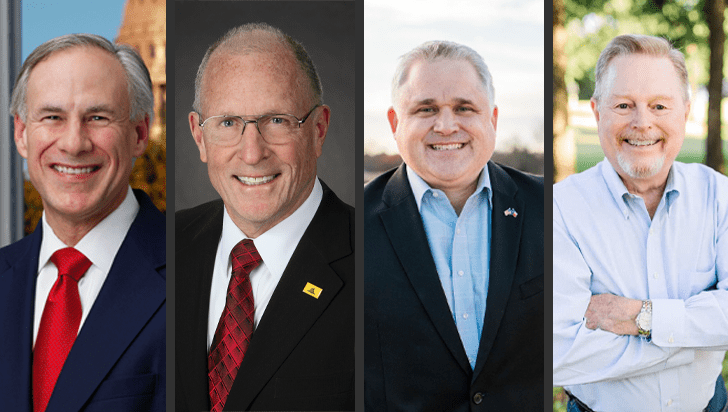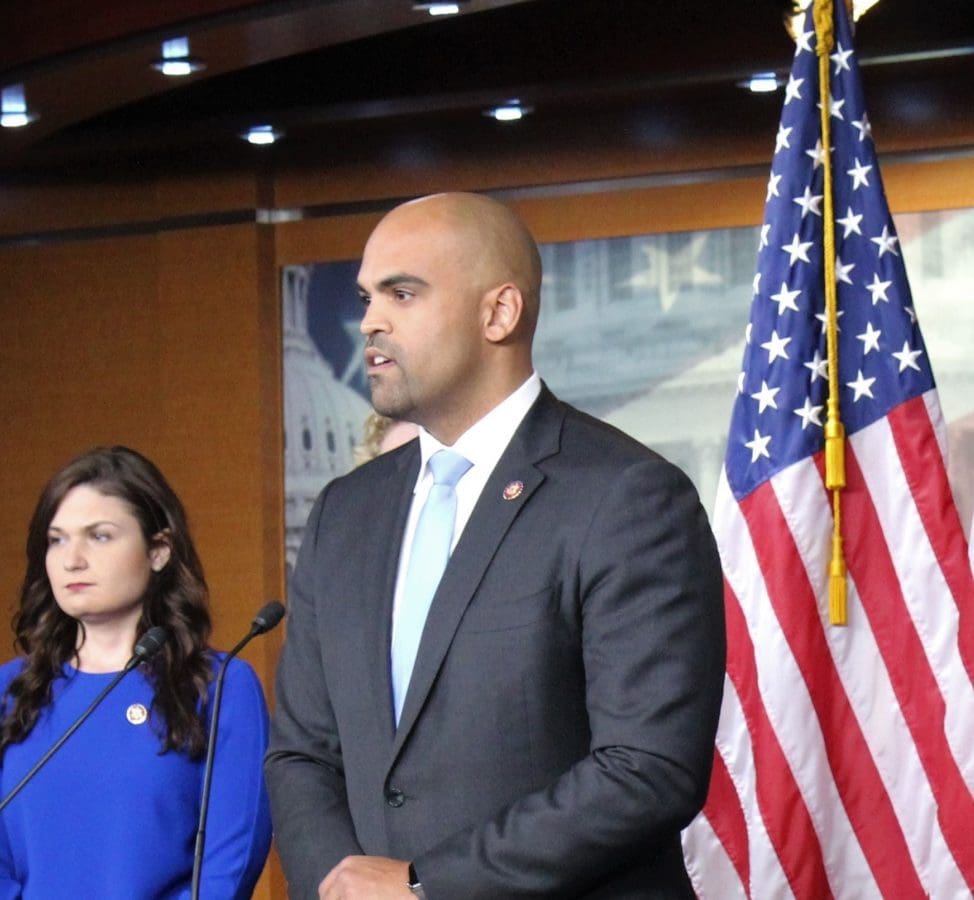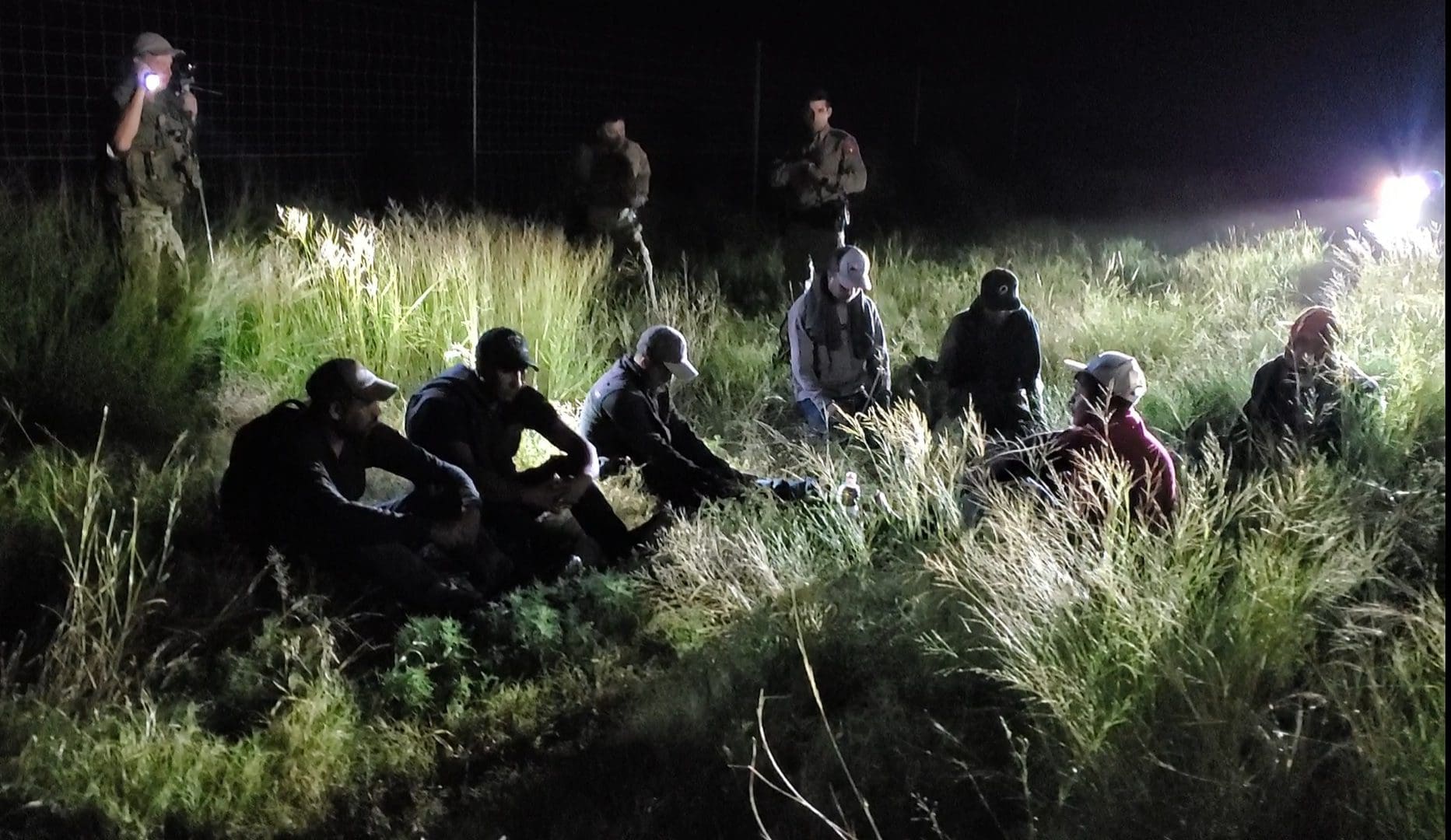The first called special session began Thursday, July 8. Texas Gov. Greg Abbott (R) announced the agenda for the special session, which listed 11 items on the call, just 24 hours earlier.
One of the items on the call is border security.
Specifically, Abbott’s proclamation says, “Legislation providing funding to support law-enforcement agencies, counties, and other strategies as part of Texas’ comprehensive border security plan.”
After the Legislature met in its regular session, Abbott has seemingly made addressing the ongoing border crisis his top priority.
Border Wall/Barrier
During the regular session, State Rep. Bryan Slaton (R–Royse City) filed a bill that would have set up the framework for the construction of a Texas border wall, including requiring the governor to seek reimbursement from the federal government. It died in the House State Affairs Committee, as it never received a hearing.
Shortly after the conclusion of the regular session, Abbott hosted a border security summit where, among several other things, he previewed an announcement (without specifics) that Texas will build its own border wall. The following week, surrounded by Lt. Gov. Dan Patrick (R), House Speaker Dade Phelan (R), and other Republican lawmakers, he announced with very little detail that he was allocating $250 million to the Texas Facilities Commission as a “down payment” to solicit a chief contractor while also setting up a website to solicit private donations to fund the wall.
Slaton was in attendance, and when asked whether he took issue with the governor’s unilateral approach, he said, “I’m happy the governor is acting, but I have questions. If he could have done this unilaterally, why didn’t he do it years ago?” He went on to say, “I think the Legislature should be the ones making these decisions.”
In preparation for the special session, Slaton filed House Bill 91, which is the same as the one he filed in the regular session. The bill includes naming a border wall the “President Donald J. Trump Wall.”
It is unclear whether the House of Representatives will prioritize this bill now that Abbott has made the creation and funding of a border wall a priority in recent weeks.
Illegal Immigration Magnets
Following through on a promise to introduce legislation during the impending special session after requesting Abbott add it to the agenda, State Rep. Jeff Cason (R–Bedford) filed House Bill 79, which is the same bill he filed in the 87th regular session prohibiting in-state tuition for illegal immigrants.
When Cason filed the bill during the regular session, it was never even granted a hearing in the House Higher Education Committee, despite the fact that the committee is chaired by State Rep. Jim Murphy (R–Houston), who also happens to be the House Republican Caucus Chairman, and despite the fact that the Republican Party of Texas platform specifically calls for an end to the provision of in-state tuition to illegal immigrants.
At a gubernatorial debate in September 2018, Abbott said:
“The law that passed said these students who receive in-state tuition had to demonstrate that they were on a pathway to achieving the legal status. However, there is no apparatus in the law to make sure that is, in fact being done. Hence, the law as structured is flawed and has to be fixed.”
Abbott has historically called for reforming but not abolishing the practice of administering in-state tuition benefits to illegal immigrants. However, he has also mentioned that if a bill that did end the practice ever got to his desk, he would consider it. Similar bills have been filed for several sessions to no avail.
It is unclear whether the House of Representatives will prioritize this bill in a special session.
The Use of an Interstate Compact
One of the other announcements given by Abbott during his border security summit in early June was giving attention to an already existing Emergency Management Assistance Compact, which empowers the states to help one another in times of disaster or emergency. In a joint letter with Arizona Gov. Doug Ducey, Abbott sought assistance from other states to “send all available law-enforcement resources to the border in defense of our sovereignty and territorial integrity.”
The letter went on to say, “Given the staggering number of violations now occurring in Texas and Arizona, additional manpower is needed from any State that can spare it. With your help, we can apprehend more of these perpetrators of state and federal crimes, before they can cause problems in your State.”
Thus far, Arkansas, Iowa, Florida, Nebraska, Ohio, and South Dakota have answered the call for help and have sent a combination of national guard and law enforcement personnel.
In preparation for the special session, State Sen. Bob Hall (R–Edgewood) filed Senate Bill 16 relating to establishing an interstate compact on border security and immigration enforcement. This is the same bill he filed in the regular session that passed the Senate but died in the House Calendars Committee.
The bill would allow the governor to coordinate and develop an interstate compact for joint action on border security among participating states to better enforce existing federal laws on border security.
It is unclear whether the Legislature will prioritize this bill in a special session.
Cannot Ignore the Political Importance of the Moment
It cannot be ignored that Abbott has three announced Republican primary challengers in conservative humorist Chad Prather, former State Sen. Don Huffines, and Republican Party of Texas Chairman Allen West. All of them have challenged his approach to illegal immigration and border security.
On the final day of the legislative session, Abbott declared a state of disaster that covered all of the counties along the Texas-Mexico border. He amended that declaration almost one month later and removed some key border counties, citing the lack of locally declared disaster as a qualifier. A few days later, Abbott took part in a border crisis briefing and press event with former U.S. President Donald Trump, who had formerly endorsed his candidacy for re-election a few weeks earlier. Notably, the event took place in a county that was no longer subject to his own disaster declaration.
Border security was not a legislative priority of Abbott’s during the regular session. Republican leadership in both chambers generally did not prioritize bills dealing with the issue. It was not until the end of the regular session that Abbott became more vocal, taking unilateral action.
With the first called special session starting, it remains to be seen which bills will move through the legislative process.





